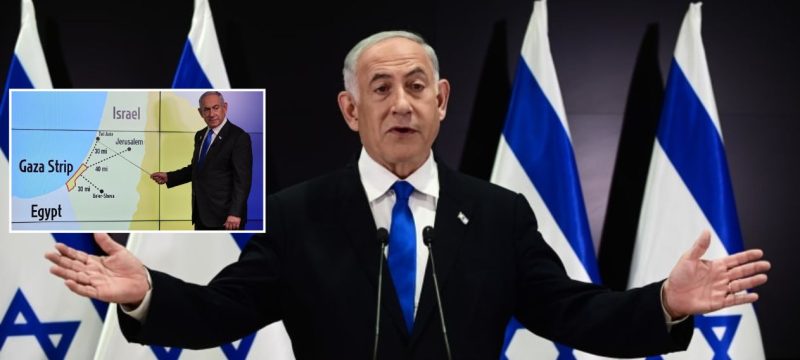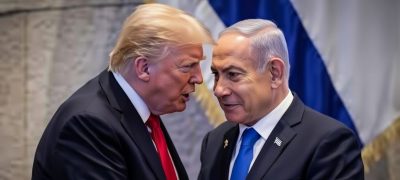Israeli Prime Minister Benjamin Netanyahu announced on Wednesday that Israel will retain full military control over the Gaza Strip following its latest military campaign, setting forth strict conditions for ending the prolonged conflict with Hamas.
Speaking at his first press conference since December, Netanyahu emphasized Israel’s openness to a temporary ceasefire and hostage exchange but outlined what many deem unrealistic demands, including the unconditional release of all hostages, disarmament of Hamas, and exile of its leadership. He also referenced former U.S. President Donald Trump’s controversial proposal to transform Gaza into a tourism hub managed by foreign powers, a plan criticized as a form of forced displacement.
Netanyahu’s declaration came amid continued Israeli airstrikes that have resulted in mounting casualties. On the same day, at least 82 Palestinians were reported killed, with hundreds more in recent days. Despite dire warnings from the international community, including a UN report stating that over 93% of Gaza’s children are at risk of famine, Israel has maintained a near-complete blockade.
Although 100 aid trucks carrying flour, formula, and medical supplies were allowed through the Kerem Shalom crossing, aid groups and the UN reported the assistance was insufficient and largely failed to reach those in need due to internal disruptions.
The prime minister’s remarks have also sparked domestic criticism. Opposition figures, including Yair Lapid and Yair Golan, condemned Netanyahu’s leadership, warning that his stance could prolong the occupation and damage Israel’s global image.
Golan, who accused Netanyahu of misleading the public, announced his intent to file a defamation lawsuit over the prime minister’s remarks. Globally, human rights organizations expressed grave concern, warning that Israel’s strategy may constitute collective punishment and exacerbate the humanitarian crisis engulfing Gaza.









